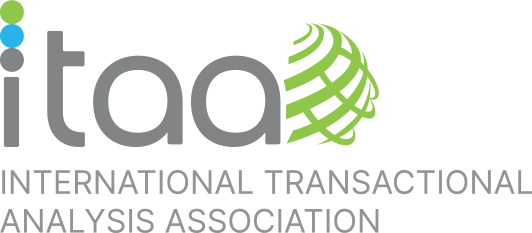circle of Wise Colleagues (CoWC) for the ITAA Ethics Committee Background
Work on updating the ITAA Ethical Code of Conduct and the Complaints Procedure was initiated in 2018. Through a separate process, surveyed members indicated curiosity and agreement with the process of revising The Code of Ethics and recommended that an ‘eldership’ role be developed to support the work of the Ethics committee.
This ‘elders’ role suggestion has been taken up by the Ethics committee and has been titled Circle of Wise Colleagues. It is ideally three senio Save r TA colleagues who are held in high regard. The overall goal is to further the philosophy of ‘engaging in a spirit of enquiry’: to dialogue, support develop awareness and create opportunities for growth and learning for all affected parties; engaging in a thoughtful ‘both/and’ mindset so it affords the opportunity to explore the volatility, uncertainty, complexity, and ambiguity of our contemporary world.
This CoWC serves as a resource support, development, and challenge for the Ethics Committee.
The functions of the CoWC
Defining the Role of Wise Colleague
Members of the ITAA Circle of Wise Colleagues (COWC) assume the role of active, ethically minded colleagues. Active and ethically minded means:
Wise Colleague Activities
Benefits for CoWC Members
Mutual Colleagueship – CoWC members offer the committee wisdom, experience and thoughtful considerations and the Ethics Committee members value and appreciate their input. This gives all parties the opportunity to explore meaningful and profound theoretical and practical ethical issues. This will support Ethics Committee member professional development as well as adding significant value for ITAA members.
Structure of the CoWC
It is envisaged:

